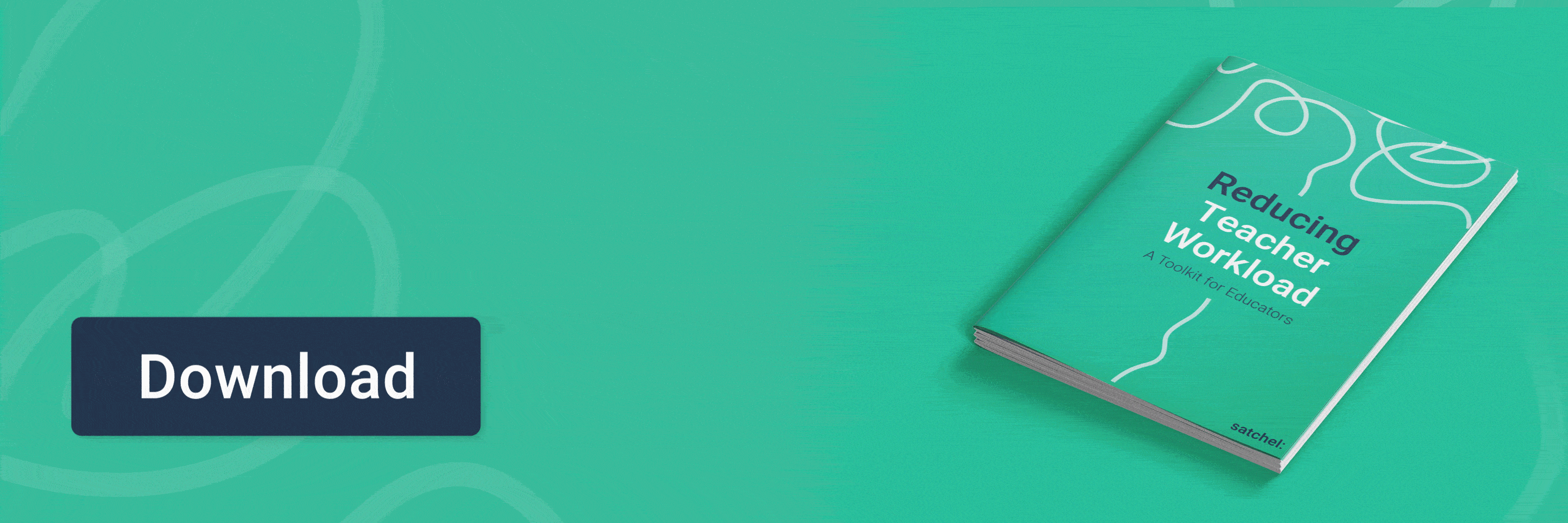Author: Ben Greenwood
Posted: 28 Nov 2019
Estimated time to read: 4 mins
The clock strikes 12 and you’re still sat at the kitchen table, eyes wearily bouncing from exercise book to mark scheme. Any promise of an early night has been dashed by the mountain of marking, piled high next to you. It looks as though it’s going to be another all nighter.
Managing time is hard as a teacher, and this blog isn’t an effort to convince you otherwise. Amongst the planning, marking and preparation, there’s everyday life to try and squeeze in. It can be an overwhelming cycle that’s hard to pull out of. But with the help of tried and tested techniques it’s possible to lessen the workload burden.
That’s why we’ve provided our seven steps to better time management below. They won’t have you skipping out of the school gates at 4:05, but they might just give you a few more hours to plan, find some headspace or simply relax during a busy week.
Here are seven tips that will help to build on your time management skills and put you in control of your day:
Plan ahead
It might seem obvious, but planning ahead is a surefire way to keep organised. Block in set times for different tasks that you know you need to complete. Set small, manageable mini-goals along the way to keep you on track and motivated.
Allow space in your plans for the unexpected, as you know by now, issues will pop up at the worst possible time. If you’ve planned for the unexpected, this won’t be a problem and you’ll realise the true importance of time management.
Form good habits
One of the best ways to make menial everyday tasks easier is to make them part of your daily routine, so you can complete them almost without thinking. If you have a small task, like data input, that you know you need to do every Wednesday evening, try to do it at the exact same time and in the same place for 30 days.
This is how habits are formed. Once you’ve maintained the habit for a month, you won’t have to set copious reminders or face the moment of panic when you haven’t prepared for this week’s homework task. Instead you’ll be able to carry out the task on autopilot.
![]()
Prioritise tasks
Prioritising tasks that are more important and urgent is an invaluable skill for a teacher. Being able to identify what needs to be done more urgently and giving it, more time and energy is the most effective way to work.
Look at the urgency of a task, then the importance it has within the school and then the estimated effort. Prioritise high urgency, but low effort tasks first
Avoid distraction
Putting yourself in an environment that is conducive to work is key to good time management. Whilst it might be tempting to mark in front of the TV, finding a quiet place, free from distractions is going to help you concentrate and allow you finish what you’re doing much quicker.
Try switching off your phone, working in a clean and tidy room and turning your internet off (unless you really need it!). It can also help to work alone, away from others, so you aren’t tempted to chat with them. It might be boring but you can console yourself with the thought that you’ll be finished quicker and might even get to bed on time.
Be brave. Say no
It can be difficult to say no, especially in a school environment, and sometimes there’s no way around extra tasks. But trying to please everyone is only going to land you in more trouble. Remember to prioritise yourself and your own workload.
Be assertive but courteous when saying no. Explain why you aren’t able to help, whether you have other tasks that are a higher priority or if it isn’t something you think you can realistically help with, it’s better to communicate this sooner rather than later.
Harness edtech
Modern classroom management software often has time saving tech built in. It allows teachers to set homework faster, deal with behavioural incidents quicker and even find lesson resources more easily.
If you’re yet to fully embrace edtech, this area has huge potential and could save you hours per week. What is more likely is that your school uses classroom management software and that you might not be getting the most of it. If this is the case, ask for more training with the system or request a software audit to assess the usefulness of your current software.
Practice self-care
You don’t work well when your mind is somewhere else. If you’re distracted, anxious or ill, you're more likely to miss details you would otherwise have seen or make mistakes that you might not otherwise have made.
Make time for yourself, away from work, that helps you to deal with your day to day. Self-care is different for different people, so whether you like to go for an afternoon jog, relax with your family or enjoy a glass of wine and some peace and quiet, make sure you do something for yourself.
Taking time out of a busy routine will likely make you happier and healthier and more effective at your job, so it’s a win win!
Putting one or more of these time management techniques in place could buy you some extra time during a non-stop school day. In a world where teachers will take every few minutes they can get their hands on, that’s pretty good. Even if you use just one of these techniques, you’re well on your way to becoming a more organised educator.


